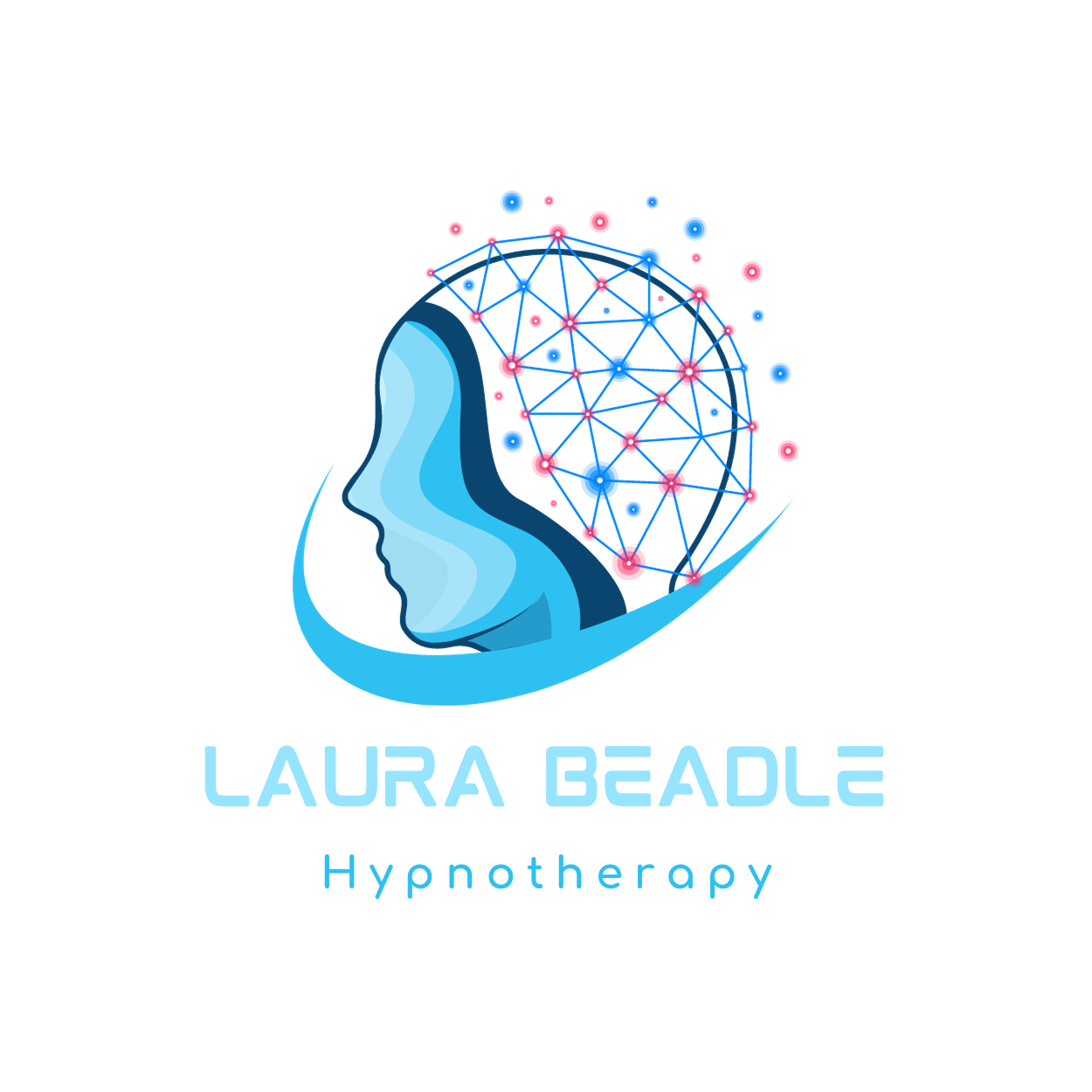Laura Beadle
Hypnotherapist in Beaconsfield, Amersham & OnlineHelping you channel your full potential
A – Z Hypnotherapy
Bruxism
Hypnotherapy for Bruxism
Bruxism is a condition characterized by teeth grinding or clenching, often during sleep. It can lead to various dental problems, jaw pain, headaches, and disrupted sleep patterns. Bruxism can be caused by stress, anxiety, misaligned teeth, or other factors. Treatment may involve stress management techniques, dental devices to protect the teeth, or addressing underlying dental issues.
Solution-focused hypnotherapy can be a helpful approach for managing bruxism by addressing underlying stress, anxiety, or other psychological factors that may contribute to the condition. Here’s how it can help:
-
Stress Reduction: Hypnotherapy aims to induce a state of deep relaxation, which can help reduce overall stress levels. Since stress is a common trigger for bruxism, relaxation techniques can alleviate the tension that leads to teeth grinding or clenching.
-
Behavioral Modification: Hypnotherapy can help individuals become more aware of their bruxism behavior and provide suggestions for modifying it. By accessing the subconscious mind during hypnosis sessions, individuals can be guided to replace the habit of teeth grinding with more relaxed behaviors.
-
Anxiety Management: Bruxism is often associated with anxiety or unresolved emotional issues. Hypnotherapy can address these underlying concerns by helping individuals develop coping strategies, boost confidence, and promote a sense of calmness.
-
Changing Thought Patterns: Solution-focused hypnotherapy focuses on identifying and amplifying positive thoughts and behaviors rather than dwelling on problems. By shifting the focus towards solutions and positive outcomes, individuals can reframe their mindset regarding bruxism and develop healthier habits.
-
Improving Sleep Quality: Since bruxism often occurs during sleep and can disrupt sleep patterns, hypnotherapy can promote better sleep hygiene and relaxation techniques to improve overall sleep quality. Better sleep can reduce the likelihood of teeth grinding episodes.
It’s important to note that while hypnotherapy can be beneficial for some individuals with bruxism, it may not be a standalone solution for everyone. A multidisciplinary approach that may include dental interventions, stress management techniques, and lifestyle changes might be necessary for comprehensive treatment. Consulting with a qualified hypnotherapist or healthcare professional is recommended to determine the most appropriate course of action based on individual needs and circumstances.
My Approach

Featured Publications
Articles
- Lorem ipsum dolor sit amet consectetur adipiscing elit. Divi Corner
- Phasellus malesuada nibh quam A congue ante ultricies sit amet Extra Space
- Maecenas ante mauris, placerat in pretium non, sagittis a leo. Bloom Post
- Nulla feugiat ipsum facilisis finibus ornare. Monarch Daily
- Donec placerat bibendum purus ac volutpat. Nexus Magazine
